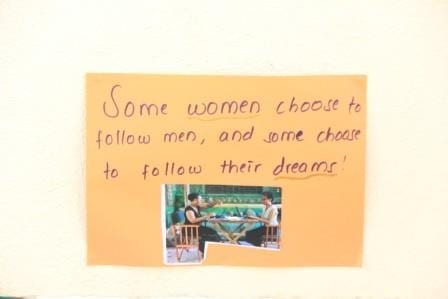Tanzania’s next generation of doctors, aircraft engineers and artists returned to St Jude’s with renewed confidence following a week at one of Africa’s most prestigious universities.
Five St Jude’s Form 6 students attended the JuniorTukkie Empowerment Week at South Africa’s University of Pretoria and described the experience as life-changing.
“Now I can say what I want to be, and be confident in that, because of this program,” said Sifuni, who traveled alongside fellow St Jude’s students Godson, Leah, Maurine and Winrose.
“With gratitude and all my heart, I’d like to thank my school for giving me this opportunity to attend this wonderful week, with wonderful sessions. I’ve learnt a lot from it.”
The JuniorTukkie program comprised motivational sessions, e-learning workshops, a social responsibility session, career guidance and adventure workshops.
It was established to assist Form 4, 5 and 6 (Grade 10, 11 and 12) pupils from across Africa to approach their final years at high school with clarity and confidence.
It certainly seems to have worked for our students.
“I’ve loved airplanes since I was young and I love flying”, said Winrose, who is more confident than ever she can fulfill her lifelong dream of becoming an aircraft engineer.
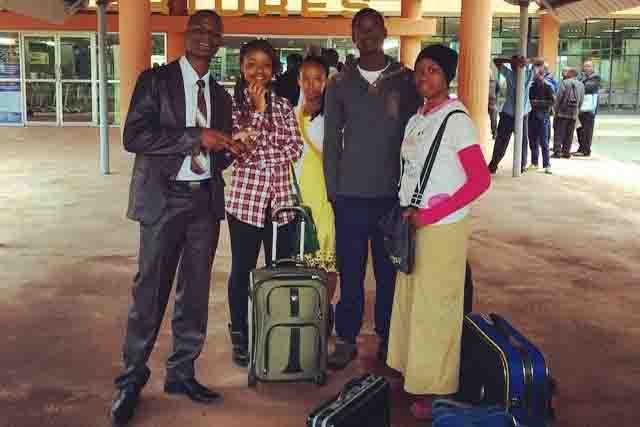
As a future linguist and lawyer, Leah said she “wants to fight for people’s rights,” and that the program also helped her discover a clear career path.
A medical future awaits Sifuni and Godson, with Sifuni certain he is ready for the many years of preparation it takes to become a doctor, and Godson keen on becoming a cardiac surgeon.
Godson said he planned to share his experience with others who were not able to attend, to “tell them more of the experience I got here and to emphasize the importance of knowing their career path”.
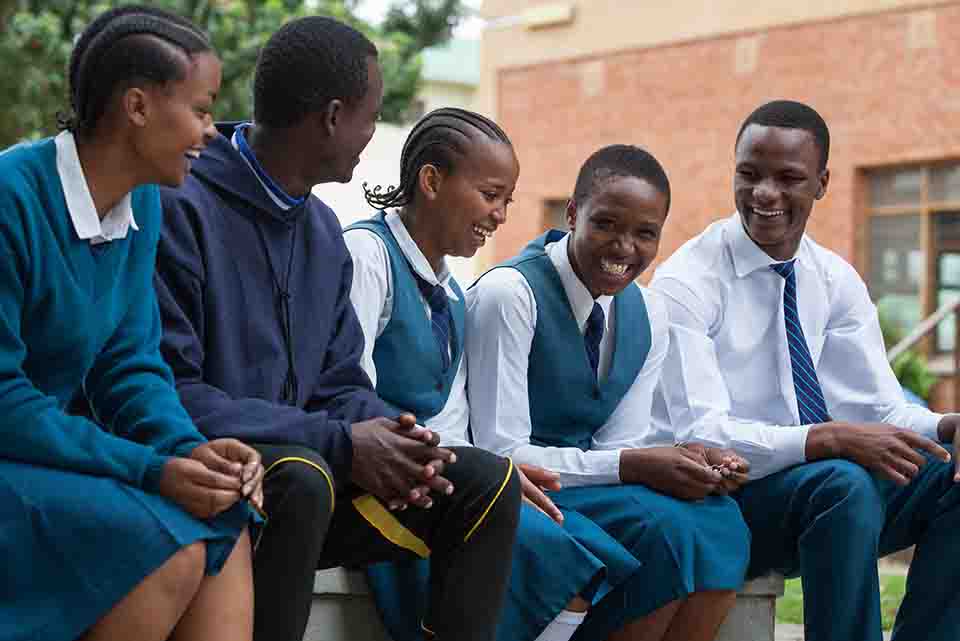
Maureen, who has a busy future ahead as a film producer, animator and actress, said she believed JuniorTukkie achieved its aim of helping youths with what they want to be.
“It has meant a lot to me,” Maureen said. “I’ve never been to South Africa, so this is a great opportunity to come here, meet different people and learn about a different culture from mine.”
“I’ve learnt how to be confident in myself and how to stand up and speak in front of others. It has taught me a lot – to go head-on in what I want to be, which is to be a director of movies. I would like to act in some of them, and later establish my own company to produce movies.”
Donations to our School Excursion Fund covered the airfares for students and accompanying staff members. We are grateful to the University of Pretoria for generously covering all other costs.
To make a donation click here.
A joyous ceremony revealed the hard work and impressive personal growth of 40 former Form 4 students who have spent the past five months as dedicated volunteer employees of St Jude’s.
The celebration provided insight into the new Giving Back course, where students helped in many areas of the school, from the kitchen to boarding and teaching to business office roles.
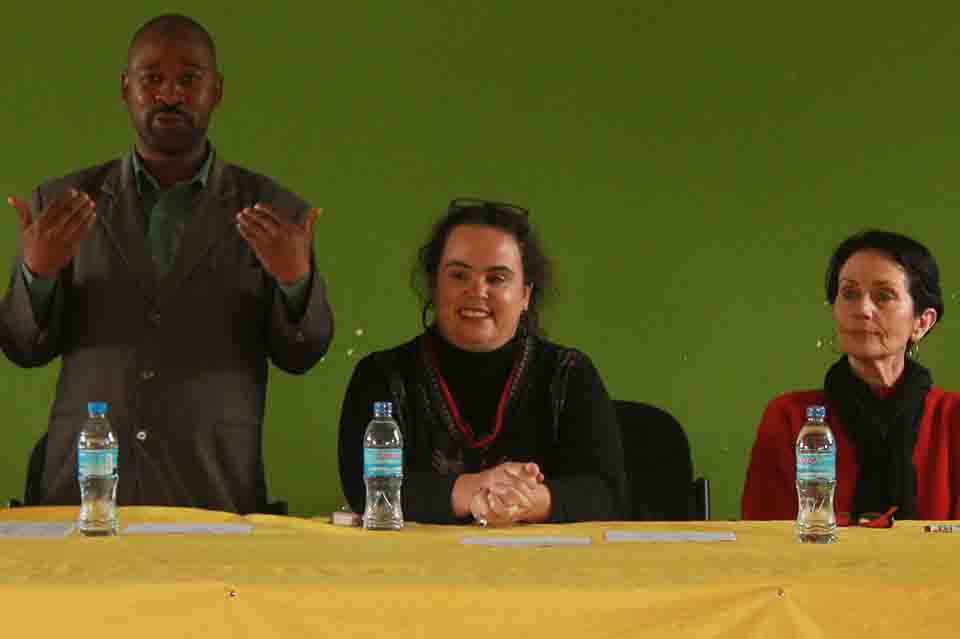
“When we started this program, most of us just thought of the benefits of the certification. Now we thank you so much for giving us this opportunity. Some of us were working in areas which we had no idea about, but now we are almost specialists in those areas,” student participant Ezekiel Haji said.
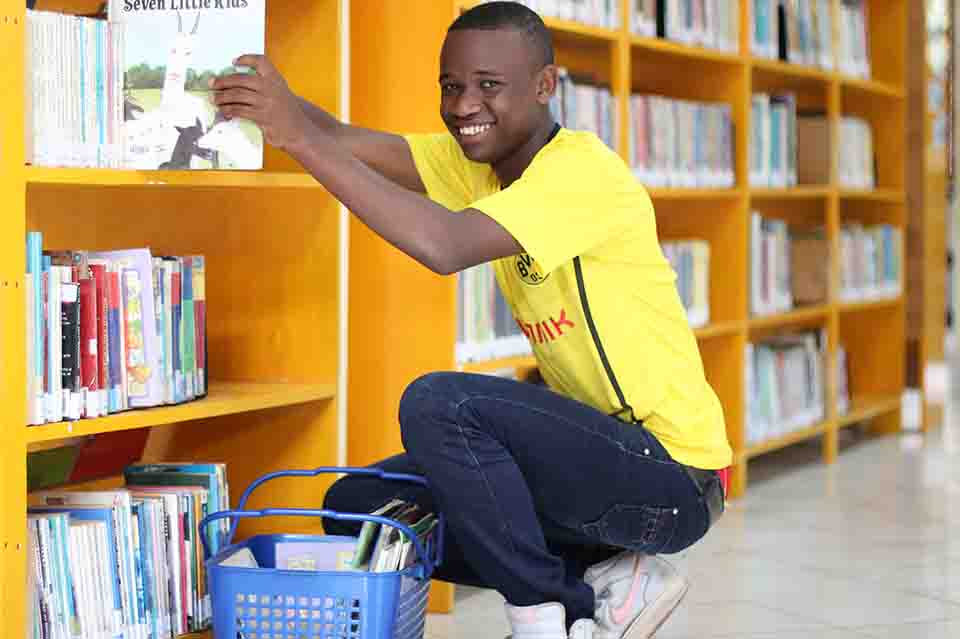
Upper primary headmaster Peter Manjalla said the Giving Back program was proposed to Form 4 students as a “bridging” opportunity for their break between completing Form 4 and progressing to Form 5.
“We asked them three things: what would they like to do, how long are they are available and to write notes (about their experience),” Peter explained.
“This program helped the students to learn how to work. Not just as a student at St Jude’s, but as part of the team of workers at St Jude’s. They met many challenges, such as how to behave professionally and how to be a model to their young brothers and sisters.
“We are still looking at our mission of developing the future leaders of this country. If they can’t practice their leadership now, how can we be sure they can do it for their community? So we have to give them the opportunity.”
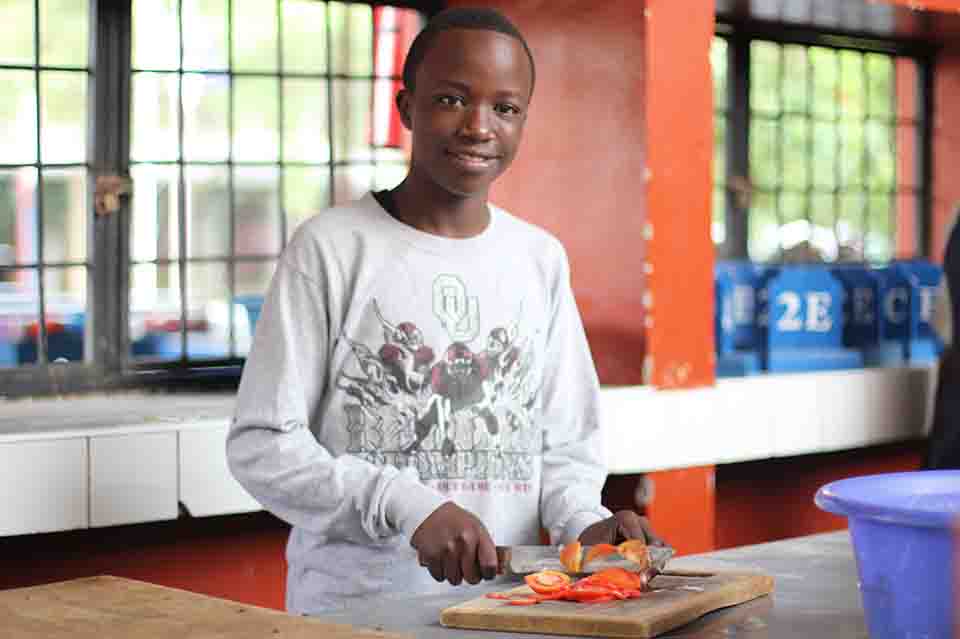
School founder Gemma Sisia expressed her pride and thanked students for their months of dedication to the school.
“You know, it’s very easy to learn maths and science and everything in the classrooms, but by volunteering, I think you’ll agree, you learn a lot of skills you don’t normally learn in the classroom,” Gemma said.
“I also want to thank you for being the pioneers (of the program). As you have been such wonderful pioneers, we will be doing the program again next year.”
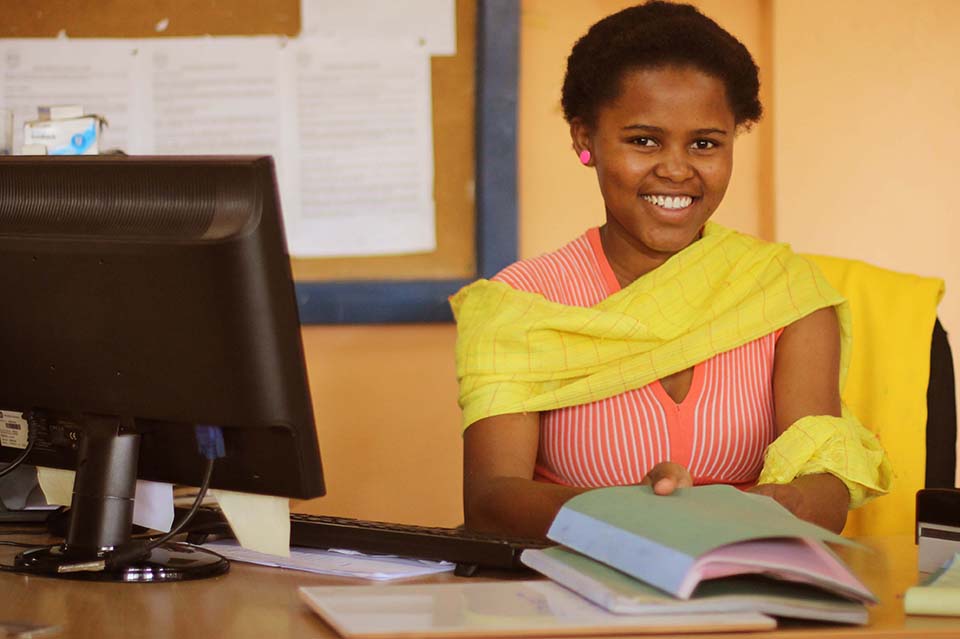
Students who took up placements across the school shared their many positive experiences.
Olsen helped teach science in upper primary. “We had a good experience with the kids. I enjoyed teaching Standard 7 actually, they were very good. They wanted to learn more, so all of us gave what we had,” he explained. “There’s a very good feeling that comes from being a teacher.”
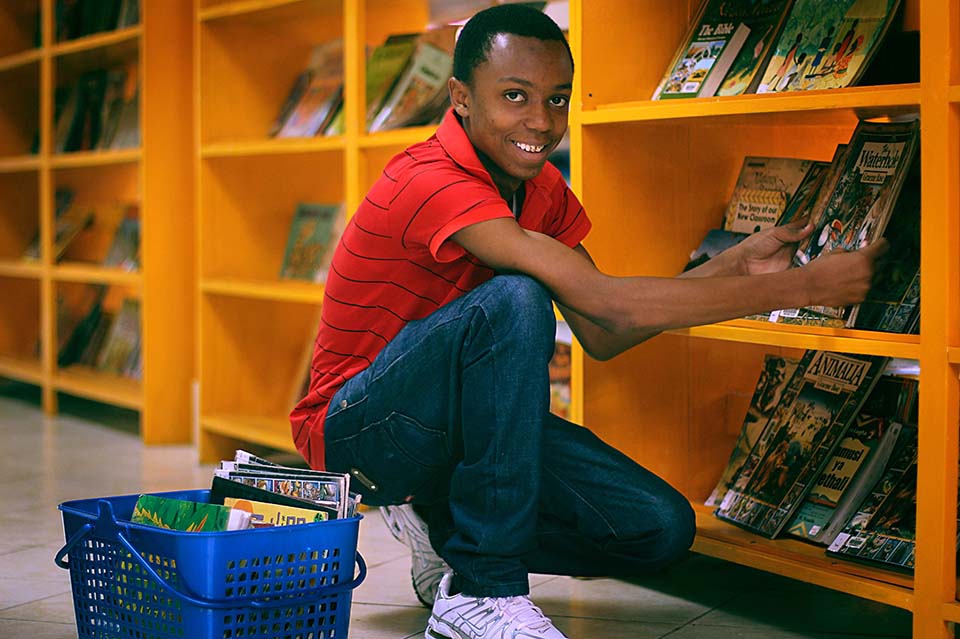
Two students, Simon and Irene, were stationed in the school Visitors Office and also had positive feedback.
“I worked with all different kinds of people, and after meeting some of these people I was really inspired with my career to be a university professor,” Irene said.
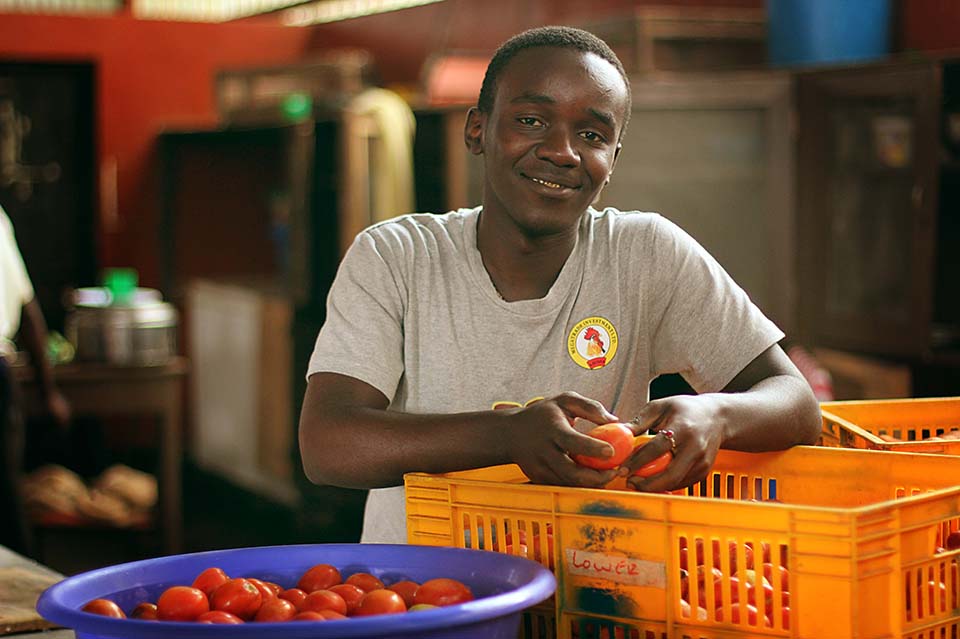
“We are so grateful to have had this chance, to experience the visitors team. We have increased our skills of having a sense of humour, of having confidence, and being able to handle lots of visitors and being responsible with time,” Simon said.
The new Form 5’s returned to school last week, and we look forward to seeing what more they will achieve.
To find out more about sponsoring one of our generous students click here.
“Commitment is the moment in life when you seize opportunities and use them to alter your life and destiny”.
Alex Elifas is a contemplative soul and his impending graduation in May is providing him cause to be even more reflective than usual. “St Jude’s has built a big part of my personality”, he says, “Who I am has been shaped by the school”.
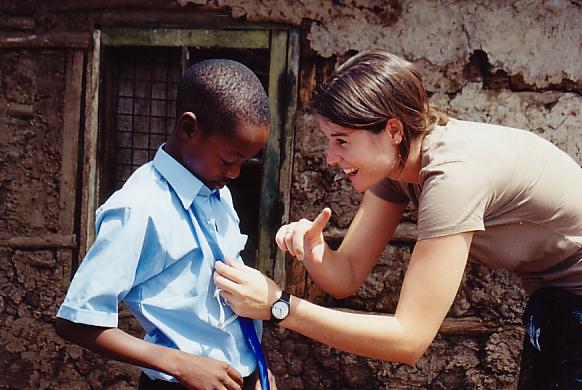
Alex’s time at St Jude’s has been eventful. He’s a bright young man who was able to skip ahead two grades. In his senior years he left the school for one year so as to return to finish his schooling with the rest of the inaugural graduating class of 2015.
He is proud to be finishing with his class and cannot wait for the graduation celebrations. “I look forward to spending time and celebrating with my sponsors, friends and family”, he says.
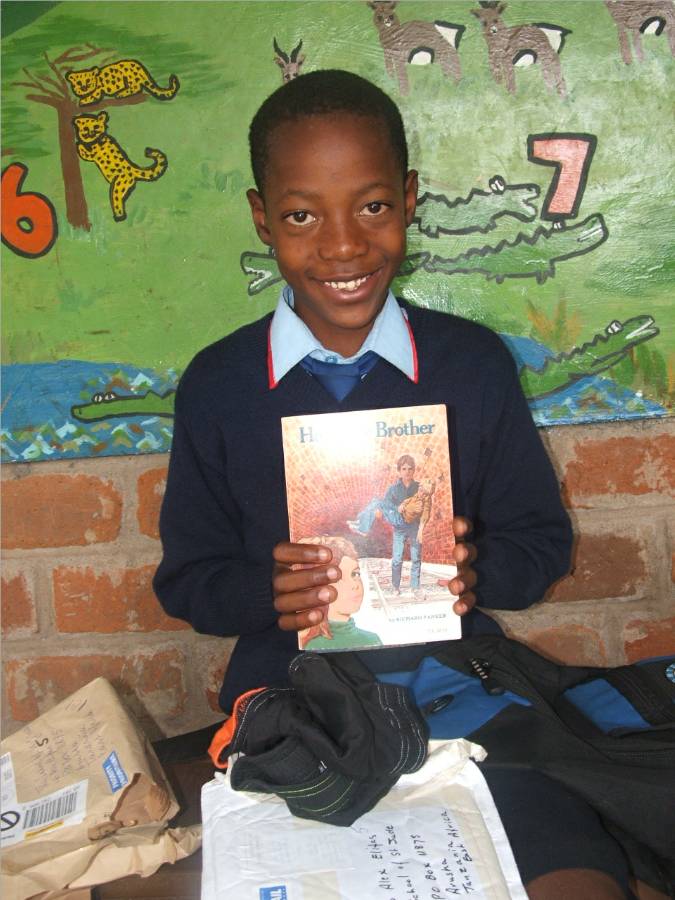
However, despite the overall focus on the senior class, Alex has a more holistic view of his graduation and the influence it will have on the rest of the school. “I am trying to figure out how to have a positive impact on the other students. I want to inspire the younger ones”.
Alex’s time at St Jude’s has had a profound impact on his life. “St Jude’s made me dream differently. Without St Jude’s I couldn’t have the plans I have now. It has given me big dreams.”
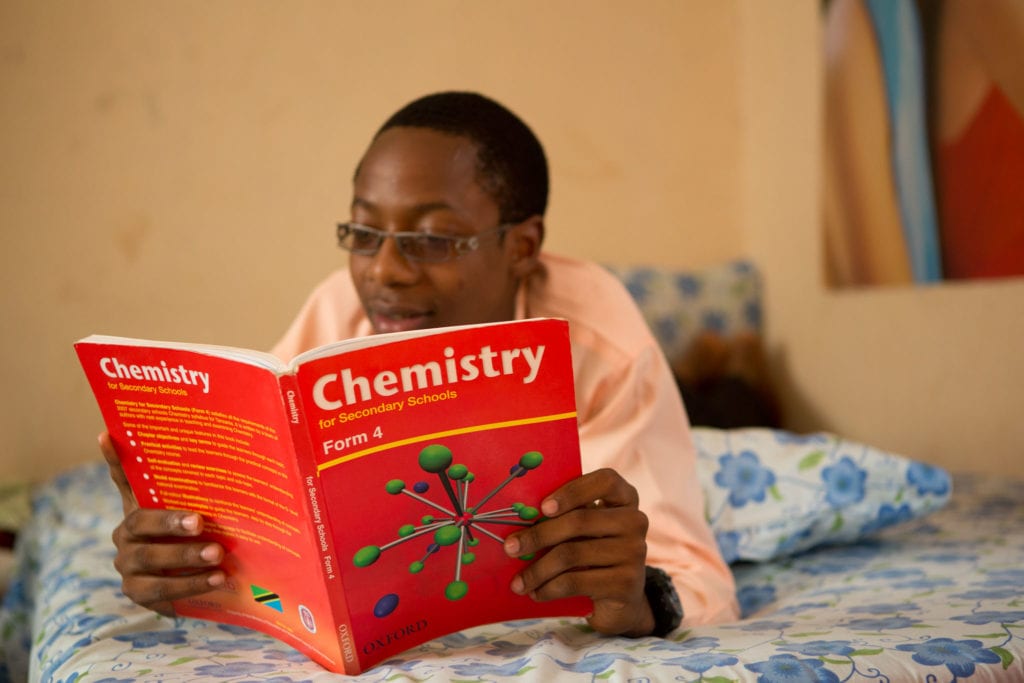
Alex’s dreams are impressive. After graduation he will take part in the St Jude’s community service program. He looks forward to giving back by teaching at a local government school where his scientific knowledge can have a big impact in a region with a desperate shortage of maths and science teachers. He plans to learn French and the keyboard in his spare time.
His long term ambitions are to study electrical engineering with a focus on biomedical engineering. Alex wants to have a positive impact on his country through his chosen profession.
“There are currently no experts in the field of electronics and biomedics in Tanzania”, Alex says, “I will work on different projects to improve the country. I am looking forward to being in a position where I can support or sponsor projects in Tanzania that will have a positive impact on society”.
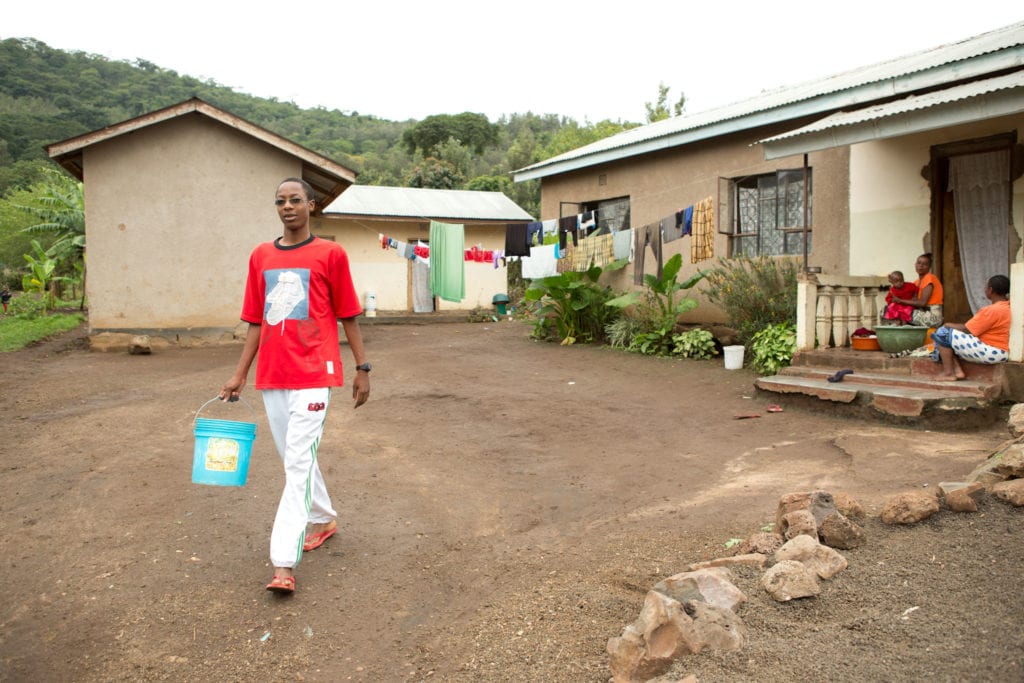
St Jude’s will always play an important part in Alex’s life and it is inspiring to hear him speak of his feelings for the school and his continued involvement.
“Thanks to St Jude’s I had an easy life, a life without struggle,” he says. “Because of St Jude’s I will be someone in the future.”
Mary always had the talent and determination to become a future leader of Tanzania. Thanks to St Jude's, she now has the opportunity.
The phenomenal 14-year-old was the top student out of 359 Standard 7s in her severely under-resourced primary school but would not have been able to finish high school without St Jude's.
Her mother, Juilet, is a hard-working single woman raising two children without any support since her ex-husband left her two years ago.
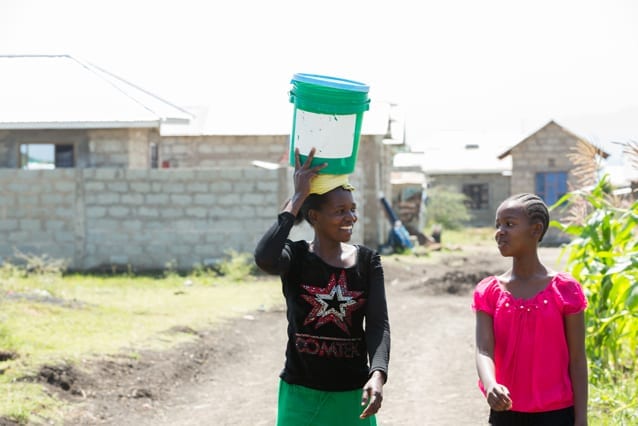
"I couldn't afford the fees to send my girls to high school," says Juilet, who works six days per week selling vegetables at local markets for roughly AUD$23-$26.
Mary entered St Jude's in 2015 as a first-year high school student and excelled immediately, receiving As in physics, maths, Swahili, biology, chemistry, history and commerce in her first term at the school.
"I've always like to study and at St Jude's we have everything you need to study," Mary says.
"In my old school we had 126 students in our class and it was very hard. At St Jude's we've got very small classes and teachers who pay us attention and help us learn."
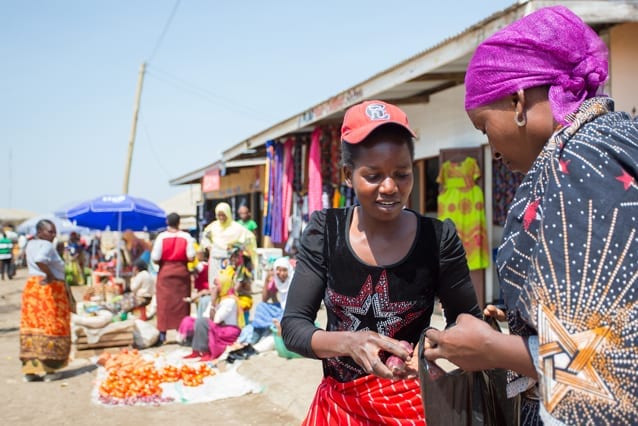
Providing education to girls like Mary is critical in Tanzania, where most girls are out of school before their 12th birthday and just 21% of the female population receives secondary schooling.
At St Jude's, Mary will receive an education that consistently ranks in the top 10% in Tanzania and produced some of the top high school graduates in the country in 2015.
The Beyond St Jude's team will also support Mary as she goes to university to study medicine so she can become a doctor.
"My dream is to become a doctor so I can help people," Mary says. "Now that I'm at St Jude's, this is possible."
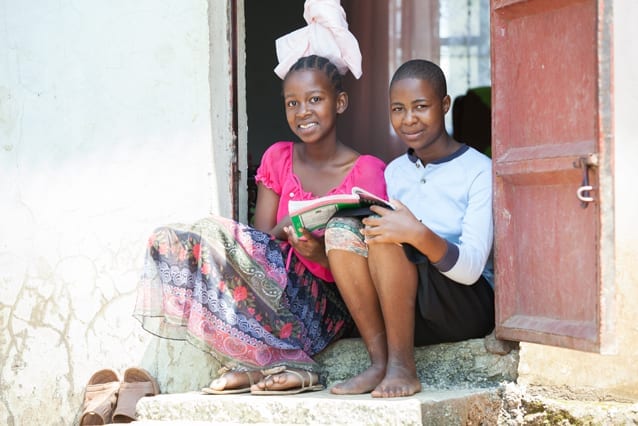
Form 5 student Elias’s remote Maasai village has already started hailing him as the doctor. They hold faith in this promising young man and his determination to work in the medical field to help his own people.
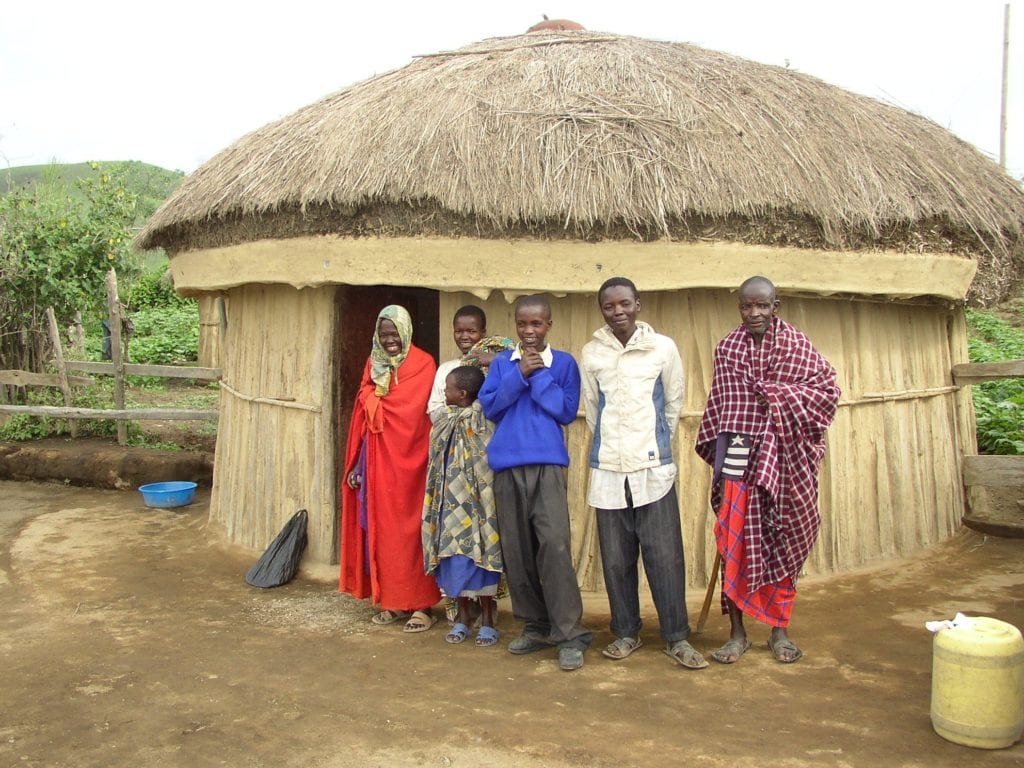
“My aim of becoming a doctor is to help myself, to help with my society, to help Tanzania and to help the world,” said Elias.
As a young boy he lived in a boma, a traditional Maasai mud dwelling in Ilkurot, an area outside of Arusha, with his father, mother, sisters and a brother. Growing up in that community, he became aware of the issues it faced.
“In my community there are so many challenges, mainly because of a lack of education, especially health education.” he said. “Sometimes it is very hard to get the transport to go to town or the hospital, and many people especially in my village don’t know the importance of visiting the hospital or using modern drugs.”
He began his studies at a local government school but his heart was set on getting the best education so he could one day provide medical services to his village. He applied to study at St Jude’s and, in Form 1, started his free, high-quality education at the school.
When he moved to Form 3 he wasn’t placed in Science because he hadn’t met the academic criteria. However, he shared with St Jude’s his great ambition to become a doctor and the strategies he had to help his community. He was allowed to move to Science and obtained Division 1, (the highest grade) in Physics, Chemistry and Biology, which is the combination he’s currently studying in Form 5.
“I hope society will be inspired by me and from there they can follow me,” he said. “I see so many people who don’t get an education because of poverty.”
Education, however, is currently lifting 1,852 impoverished students at St Jude’s out of poverty. Right now, Elias feels blessed that he is able to study the science subjects he is passionate about and is keeping an eye on his dreams.
Encouraging him along the way are the people in his village who see him as a sign of hope for the future and someone who will bring about meaningful change in health and education in their community.
“I’m happy and appreciate so many people calling me Doctor, as they motivate me and I’m already doing a lot to help them by seeing them, doing work and getting them help when they need it,” he said.
Almost a quarter of young women aged 15-24 today (116 million) in developing countries have never completed primary school and, consequently, lack the skills necessary for gaining meaningful employment (source: UNESCO).
Those who miss out on going to school soon lose hope, and are forced to give up their career aspirations. Yet, when you ‘educate a woman, you educate a nation;’ (old African proverb) and some special St Jude’s students are making sure that Tanzanian women won’t be left behind in their mission to fight poverty through education.
Joyce, Christina, Irene, Martha and Monica are passionate about empowering women. Their idea started off as a seed when they held an exhibit at our Careers Day on the importance of giving women a voice, and displayed inspirational quotes and pictures of women from across the globe that are making their mark on society.
“We held a workshop, telling girls about their rights and that they’re powerful even if they are not educated,” said Irene.
However, our students knew that there was a female empowerment message which needed to be spread far and wide in their communities. In nearby villages, many young girls are dropping out of school for a range of reasons including falling pregnant.
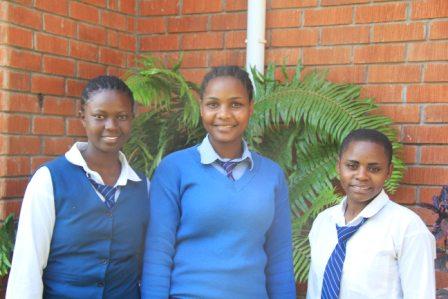
To combat this, the girls have used their own initiative and recently held a forum about topical women's issues at a packed church in Arusha. They divided the topics into two categories; for women it was ‘Women and the family,’ while for girls, it was ‘Girls, do you understand yourselves?’ They wanted to get rid of the sensitivities surrounding both topics so women of all ages could have a frank discussion on what needs to change or improve.
“We also talked about managing your income if you’re not employed; at least do something so you can get an income. In addition, we also talked about health and maintaining peace in the family because sometimes you find it is an issue in some African families,” said Irene.
The issues began to run deeper, though, as the girls encouraged the younger women at the forum to be comfortable about their appearance. “I talked to the girls about their black skin and most of them don’t think it’s good enough or presentable, and I told them that they should be proud of the colour of their skin and that they should never use chemicals to lighten it,” said Christina.
The students also talked about natural beauty, health, nutrition and taking care of one’s self.
The forum took a different turn, however, when men decided they wanted to be a part of it. “That was something that was really interesting during that day. We thought it’d be a few women there when we started, but eventually we saw men coming in to give their opinions,” said Joyce. The church became very full and people of all ages were contributing their ideas and input to the forum.
The forum was a big success and the pastor of the church praised the girls on their program and the information they passed on to the audience. Their project is continuing to flourish and they are now planning to head out to visit girls and women in rural areas of the Arusha region, including in the Maasai land.
“We will go to those areas and tell them how they can succeed in this life, because no matter what their age is - 30, 50 or whatever - they can still do something with their lives,” said Joyce. “Their age doesn't matter; what matters is their willingness and motivation to do something.
